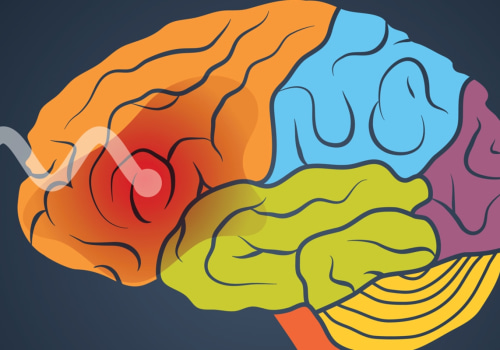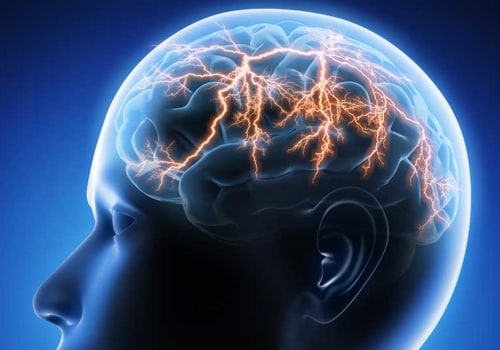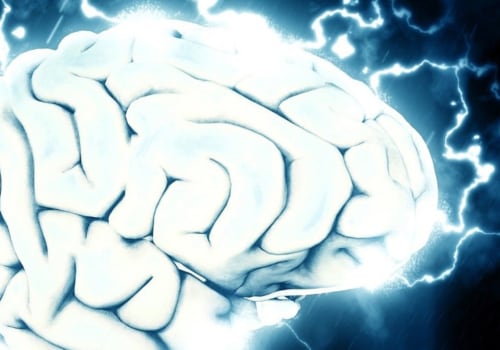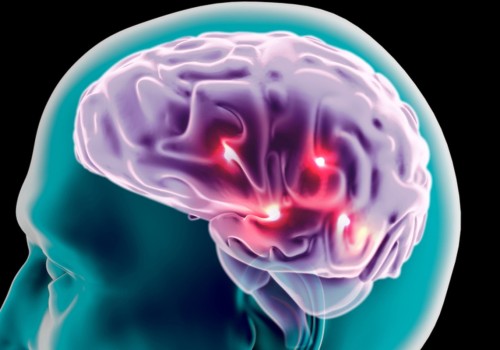Drug addiction is a complex and devastating disease that affects millions of people worldwide. It is a chronic condition characterized by compulsive drug seeking and use, despite harmful consequences. As an expert in the field of addiction, I have seen firsthand the devastating effects of drug addiction on individuals, families, and communities.
The Causes of Drug Addiction
There is no single cause of drug addiction. It is a combination of biological, environmental, and psychological factors that contribute to the development of this disease. Some people may be more genetically predisposed to addiction, while others may turn to drugs as a way to cope with stress or trauma.
Genetics play a significant role in drug addiction. Studies have shown that individuals with a family history of addiction are more likely to develop an addiction themselves. This is because certain genes can make a person more susceptible to the effects of drugs and alcohol.
Environmental factors also play a crucial role in the development of drug addiction. Growing up in an environment where drug use is prevalent or being exposed to trauma and abuse can increase the risk of developing an addiction.
Mental health also plays a significant role in drug addiction. Many people turn to drugs as a way to self-medicate for underlying mental health issues such as depression, anxiety, or PTSD.
The Effects of Drug Addiction
The effects of drug addiction are far-reaching and can impact every aspect of a person's life. Physically, drug addiction can lead to serious health problems such as heart disease, liver damage, and respiratory issues. It can also weaken the immune system, making individuals more susceptible to infections and illnesses.
Mentally, drug addiction can cause changes in brain chemistry, leading to mood disorders, cognitive impairment, and memory loss. It can also affect a person's behavior, causing them to engage in risky and dangerous activities to obtain drugs.
Socially, drug addiction can strain relationships with family and friends, leading to isolation and loneliness. It can also have a significant impact on a person's work or school performance, leading to financial problems and job loss.
Treatment for Drug Addiction
While drug addiction is a chronic disease, it is treatable. The most effective treatment approach is a comprehensive one that addresses the physical, mental, and social aspects of addiction.
Detoxification is often the first step in treating drug addiction. It involves ridding the body of drugs and managing withdrawal symptoms under medical supervision.
Therapy is an essential component of drug addiction treatment. It helps individuals understand the root causes of their addiction and develop coping mechanisms to prevent relapse. Cognitive-behavioral therapy (CBT) and motivational interviewing are two commonly used therapies for drug addiction.
Medication-assisted treatment (MAT) may also be used to help individuals manage cravings and withdrawal symptoms. MAT involves the use of medications such as methadone or buprenorphine to reduce the intensity of withdrawal symptoms and prevent relapse.
Support groups such as Narcotics Anonymous (NA) or SMART Recovery can also be beneficial in maintaining long-term sobriety. These groups provide a supportive community of individuals who understand the challenges of addiction and can offer guidance and encouragement.
In Conclusion
Drug addiction is a complex disease that requires a comprehensive treatment approach. It is essential to understand the underlying causes of addiction and address them through therapy, medication, and support groups. With the right treatment and support, recovery from drug addiction is possible.






